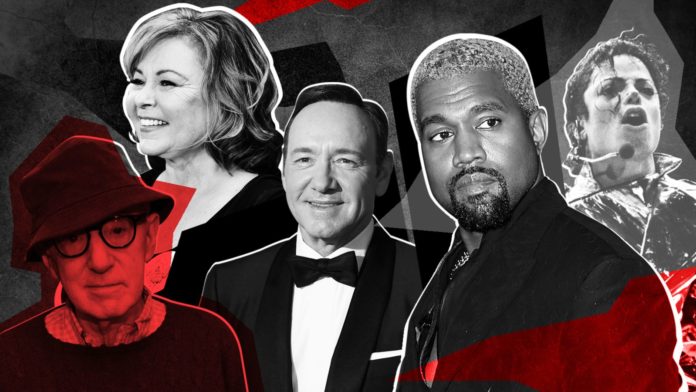Cancel culture is recognized as one of the most powerful and popular movements to now exist in social media. This online trend involves destroying reputations because of statements or perspectives deemed socially unacceptable, whether it be a brand, celebrity, public figure, books, movies, etc.
Immediate communication through social media creates public spaces for people to easily express their opinions, leading to the growth of cancel culture. On the bright side, cancel culture aims to reform and hold people accountable against their immoral actions and/or statements. The process of “canceling” someone or something often results in reduction of their prominence in society. With the variety of social media platforms that people have access to globally, cancel culture has the capacity to bring issues and scandals to audiences from around the world. Social media gives people with less social power a space to openly express their thoughts. When injustice in a community grows and doesn’t receive the attention it needs to be addressed, cancel culture becomes necessary as it encourages people from marginalized groups to step up and have their voices heard to promote social change. In this way, cancel culture regulates society by taking away the power of the abusers and publicly calling them out for their mistakes. An example of this is Harvey Weinstein. The #Metoo movement was sparked on social media, leading to him being charged for sexual assault and other offenses which severely damaged his career as a film producer. According to the John Hopkins News-Letter, being part of a huge industry and having a high social ranking often propels public figures to get away with their crimes, but cancel culture brings attention to those individuals that abuse their power.
On the other hand, cancel culture can perpetuate oppression and cyberbullying through mass unregulated hate speech. This becomes a social problem because it does not provide constructive criticism, severely damages mental health and increases invasion of privacy and criminal threats. Cancel culture is powerful and dangerous enough to potentially destroy someone’s career permanently. It also further divides our society as it attacks those people who don’t support one’s views. The isolation and exclusion it enforces to the one being ‘canceled’ can be so severe that it can increase risks of depression and suicide. An example of this is Taylor Swift. According to the Cosmopolitan, in 2016 Taylor Swift was “canceled” when Kanye West publicized his song “Famous” with lyrics dissing Taylor Swift’s fame. One of the phrases in the song asserts that he made Swift famous. Kanye claims that he had asked Taylor for consent before releasing the song, but this was quickly denied by Taylor who said that she never agreed to it and that she was only asked by Kanye to support it and not give an approval on whether or not he can drop the song. Kim Kardashian then called Swift a “liar” and released phone clips on Twitter to back up Kanye. Although the phone calls provided little evidence, some fans started to withdraw support from Taylor and some people started to publicly shame her to the extent where she had to take a break from social media. This type of cancel culture can be toxic as it shuts down the person being canceled and limits them from defending themselves. However, as time passes by, depending on the severity of their actions, it is possible for an individual to rebuild their reputation even after being canceled. Cancel culture is a controversial way to call out people for their problematic actions. What do you think?
